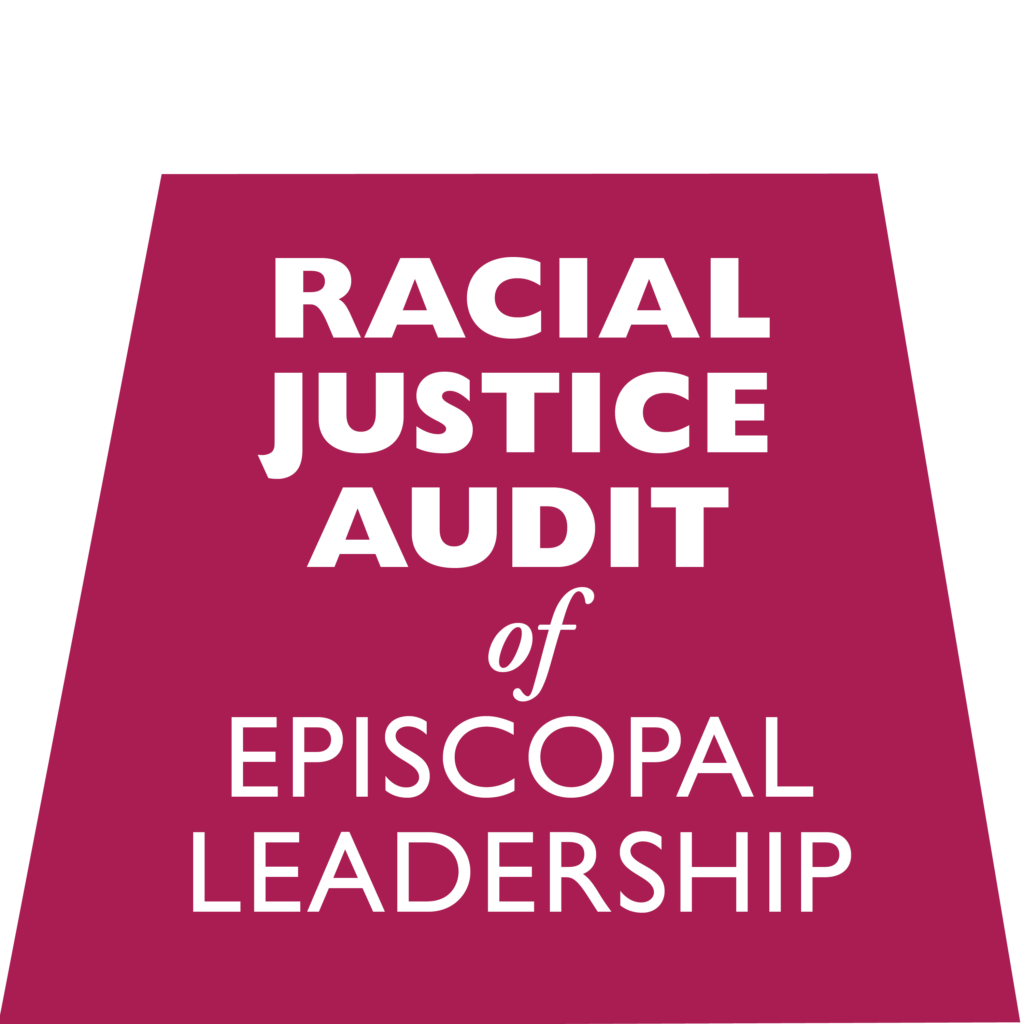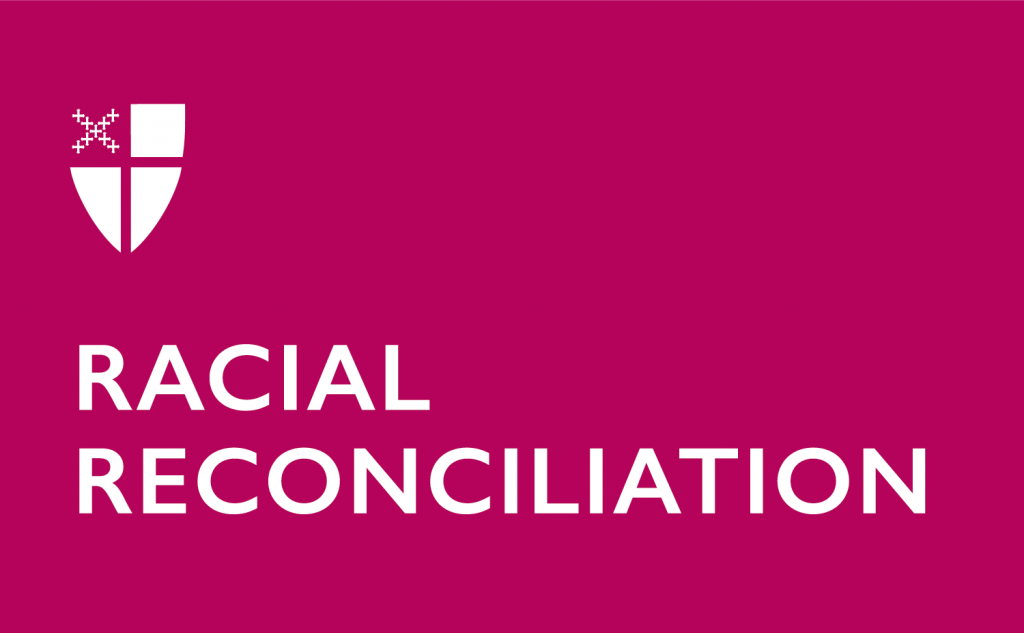
Audit Background
The Racial Justice Audit of Episcopal Church leadership was born in response to two actions of General Convention 2015: Resolution C019: Work for Racial Justice and Reconciliation and Resolution A182: Address Systemic Racial Injustice.
Working with these two resolutions, Church leadership and a host of partners birthed “Becoming Beloved Community: The Episcopal Church’s Long-Term Commitment to Racial Healing, Reconciliation, and Justice” (BBC). This vision document and related resources invite Episcopalians to approach the lifelong journey of racial healing as if walking a labyrinth that moves through four quadrants:
- Telling the Truth about the Church and Race
- Proclaiming the Dream of Beloved Community
- Practicing Jesus’ Way of Healing Love
- Repairing the Breach in Society and Institutions
The first discipline of Becoming Beloved Community – Telling the Truth about the Church and Race – included a call to complete a racial audit of Episcopal Church leadership. This work began in 2018, under the leadership of The Episcopal Church’s staff team for Racial Reconciliation and Justice and The Mission Institute.
The central questions for the audit have been …
- Who comprises the leadership of The Episcopal Church?
- What is their experience of race and racism in their leadership roles?
The audit survey and interview process began in the summer of 2018 at General Convention, and resulted in an initial report on leaders’ experiences of racial injustice and reconciliation. The audit continued in earnest in 2019 and 2020 with two parts: a survey tool to collect both quantitative and qualitative data and a series of interviews to collect additional qualitative data.
Surveys were tailored to each leadership body. See an example of the survey of diocesan leadership.
These two distinct data collection tools were used with key leadership bodies of The Episcopal Church: the House of Bishops; the House of Deputies; the Executive Council; staff of the Episcopal Church Center; and leaders from a sampling of dioceses across the denomination, including several in Latin America.
Note on diocesan surveys: Three dioceses in each of the Church’s nine provinces were initially chosen, resulting in 27 dioceses from across the Church (28 eventually participated). The dioceses were selected in close consultation with the Church Pension Group, giving careful attention to a range of factors: diocesan size, geographic location, socioeconomic environment, urban and rural contexts, and more. Within each diocese, surveys were sent to members of the diocesan staff, Diocesan Council, Trustees, Commission on Ministry, Standing Committee, or the equivalent bodies.
The survey was sent to nearly 3,000 people across the previously named leadership bodies at the churchwide and diocesan levels. In total, 1,326 individuals completed the survey, yielding a response rate of 45%.
Upon completion of the survey, participants were invited to express their willingness to participate in an interview with a team from the Mission Institute. Interviews were intended to surface stories and patterns about race and racism across the Church, as well as difficult or surprising truths. Interviews lasted 45-60 minutes and posed open-ended questions about how they understood and defined racism, and where they saw it playing a role within their church leadership context.
The Mission Institute team worked to understand data from the interviews and the survey’s descriptive write-in sections. Over 50 patterns emerged, and these were narrowed to a group of nine of the most frequent and dominant, each of which is examined more closely in the final report.
Contact:
The Rev. Isaiah “Shaneequa” Brokenleg
Staff Officer for Racial ReconciliationThis page is available in: Español

